England's
economy is one of the largest in the world, with an average GDP per capita of
£22,907.Usually regarded as a mixed market economy, it has adopted many free
market principles, yet maintains an advanced social welfare infrastructure. The
official currency in England is the pound sterling, whose ISO 4217 code is GBP.
Taxation in England is quite competitive when compared to much of the rest of
Europe—as of 2014 the basic rate of personal tax is 20% on taxable income up to
£31,865 above the personal tax-free allowance (normally £10,000), and 40% on
any additional earnings above that amount.The economy of England is the largest
part of the UK's economy, which has the 18th highest GDP PPP per capita in the
world. England is a leader in the chemical and pharmaceutical sectors and in
key technical industries, particularly aerospace, the arms industry, and the
manufacturing side of the software industry. London, home to the London Stock
Exchange, the United Kingdom's main stock exchange and the largest in Europe,
is England's financial centre—100 of Europe's 500 largest corporations are
based in London. London is the largest financial centre in Europe, and as of
2014 is the second largest in the world.
Prominent
English figures from the field of science and mathematics include Sir Isaac
Newton, Michael Faraday, Robert Hooke, Robert Boyle, Joseph Priestley, J. J.
Thomson, Charles Babbage, Charles Darwin, Stephen Hawking, Christopher Wren,
Alan Turing, Francis Crick, Joseph Lister, Tim Berners-Lee, Paul Dirac, Andrew
Wiles and Richard Dawkins. Some experts claim that the earliest concept of a
metric system was invented by John Wilkins, the first secretary of the Royal
Society, in 1668.As the birthplace of the Industrial Revolution,
England was
home to many significant inventors during the late 18th and early 19th
centuries. Famous English engineers include Isambard Kingdom Brunel, best known
for the creation of the Great Western Railway, a series of famous steamships,
and numerous important bridges, hence revolutionising public transport and
modern-day engineering. Thomas Newcomen's steam engine helped spawn the
Industrial Revolution. The Father of Railways, George Stephenson, built the
first public inter-city railway line in the world, the Liverpool and Manchester
Railway, which opened in 1830. With his role in the marketing and manufacturing
of the steam engine, and invention of modern coinage, Matthew Boulton (business
partner of James Watt) is regarded as one of the most influential entrepreneurs
in history.The physician Edward Jenner's smallpox vaccine is said to have
"saved more lives ... than were lost in all the wars of mankind since the
beginning of recorded history."
The
Department for Transport is the government body responsible for overseeing
transport in England. There are many motorways in England, and many other trunk
roads, such as the A1 Great North Road, which runs through eastern England from
London to Newcastle(much of this section is motorway) and onward to the
Scottish border.
The longest motorway in England is the M6, from Rugby through
the North West up to the Anglo-Scottish border.Other major routes include: the
M1 from London to Leeds, the M25 which encircles London, the M60 which
encircles Manchester, the M4 from London to South Wales, the M62 from Liverpool
via Manchester to East Yorkshire, and the M5 from Birmingham to Bristol and the
South West.
Bus
transport across the country is widespread; major companies include National
Express, Arriva and Go-Ahead Group. The red double-decker buses in London have
become a symbol of England. There is a rapid rail network in two English
cities: the London Underground; and the Tyne and Wear Metro in Newcastle,
Gateshead and Sunderland. There are several tram networks, such as the
Blackpool tramway, Manchester Metrolink, Sheffield Supertram and Midland Metro,
and the Tramlink system centred on Croydon in South London.
The
National Health Service (NHS) is the publicly funded healthcare system in
England responsible for providing the majority of healthcare in the country.
The NHS began on 5 July 1948, putting into effect the provisions of the
National Health Service Act 1946. It was based on the findings of the Beveridge
Report, prepared by economist and social reformer William Beveridge. The NHS is
largely funded from general taxation including National Insurance payments,and
it provides most of its services free at the point of use, although there are
charges for some people for eye tests, dental care, prescriptions and aspects
of personal care.
With over
53 million inhabitants, England is by far the most populous country of the
United Kingdom, accounting for 84% of the combined total.England taken as a
unit and measured against international states has the fourth largest population
in the European Union and would be the 25th largest country by population in
the world. With a density of 407 people per square kilometre, it would be the
second most densely populated country in the European Union after Malta.The English
people are a British people. Some genetic evidence suggests that 75–95% descend
in the paternal line from prehistoric settlers who originally came from the
Iberian Peninsula, as well as a 5% contribution from Angles and Saxons, and a
significant Scandinavian (Viking) element.However, other geneticists place the
Germanic estimate up to half. Over time, various cultures have been influential:
Prehistoric, Brythonic, Roman, Anglo-Saxon, Viking(North Germanic), Gaelic
cultures, as well as a large influence from Normans. There is an English
diaspora in former parts of the British Empire; especially the United States,
Canada, Australia, South Africa and New Zealand. Since the late 1990s, many
English people have migrated to Spain.
As its name
suggests, the English language, today spoken by hundreds of millions of people
around the world, originated as the language of England, where it remains the
principal tongue today. It is an Indo-European language in the Anglo-Frisian
branch of the Germanic family. After the Norman conquest, the Old English
language was displaced and confined to the lower social classes as Norman
French and Latin were used by the aristocracy.
English
language learning and teaching is an important economic activity, and includes
language schooling, tourism spending, and publishing. There is no legislation
mandating an official language for England, but English is the only language
used for official business. Despite the country's relatively small size, there
are many distinct regional accents, and individuals with particularly strong
accents may not be easily understood everywhere in the country.
According
to the 2011 census, 59.4% of the population is Christian, 24.7% non-religious,
5% is Muslim while 3.7% of the population belongs to other religions and 7.2
did not give an answer. Christianity is the most widely practised religion in
England, as it has been since the Early Middle Ages, although it was first
introduced much earlier, in Gaelic and Roman times. It continued through Early
Insular Christianity. The largest form practised in the present day is Anglicanism,
dating from the 16th-century Reformation period, with the 1536 split from Rome
over Henry VIII wanting to divorce Catherine of Aragon, and the need for the
Bible in the English tongue. The religion regards itself as both Catholic and
Reformed.
The culture
of England is defined by the idiosyncratic cultural norms of England and the
English people. Owing to England's influential position within the United
Kingdom it can sometimes be difficult to differentiate English culture from the
culture of the United Kingdom as a whole.
English
architecture begins with the architecture of the Anglo-Saxons. At least fifty
surviving English churches are of Anglo-Saxon origin, although in some cases
the Anglo-Saxon part is small and much-altered. All except one timber church
are built of stone or brick, and in some cases show evidence of reused Roman
work. The architectural character of Anglo-Saxon ecclesiastical buildings
ranges from Coptic-influenced architecture in the early period, through Early
Christian basilica influenced architecture, to (in the later Anglo-Saxon
period) an architecture characterized by pilaster-strips, blank arcading,
baluster shafts and triangular-headed openings. Almost no secular work remains
above ground.
The food of England has historically been
characterised by its simplicity of approach, honesty of flavour, and a reliance
on the high quality of natural produce. This has resulted in a traditional
cuisine which tended to veer from strong flavours, such as garlic, and an
avoidance of complex sauces which were commonly associated with Catholic Continental
political affiliations. Traditional meals have ancient origins, such as bread
and cheese, roasted and stewed meats, meat and game pies, and freshwater and
saltwater fish. The 14th-century English cookbook, the Forme of Cury, contains
recipes for these, and dates from the royal court of Richard II. Modern English cuisine is difficult to
differentiate from British cuisine as a whole. However, there are some forms of
cuisine considered distinctively English. The Full English Breakfast is a
variant of the traditional British fried breakfast. The normal ingredients of a
traditional full English breakfast are bacon, eggs, fried or grilled tomatoes,
fried mushrooms, fried bread or toast, and sausage, usually served with a cup
of coffee or tea. Black pudding is added in some regions as well as fried
leftover mashed potatoes called potato cakes or hash browns.
English folklore is the folk tradition that
has evolved in England over the centuries. England abounds with folklore, in
all forms, from such obvious manifestations as semi-historical Robin Hood
tales, to contemporary urban myths and facets of cryptozoology such as the
Beast of Bodmin Moor. The famous Arthurian legends may not have originated in
England, but variants of these tales are associated with locations in England,
such as Glastonbury and Tintagel.
England has
a strong sporting heritage, and during the 19th century codified many sports
that are now played around the world. Sports originating in England include
association football, cricket, rugby union, rugby league, tennis, boxing,
badminton, squash, rounders, hockey, snooker, billiards, darts, table tennis,
bowls, netball, thoroughbred horseracing, greyhound racing and fox hunting. It
has helped the development of golf, sailing and Formula One.
Football is
the most popular of these sports. The England national football team, whose
home venue is Wembley Stadium, won the 1966 FIFA World Cup against the West
Germany national football team where they won 4–2, with Geoff Hurst scoring a
hat-trick. That was the year the country hosted the competition.
The St
George's Cross has been the national flag of England since the 13th century.
Originally the flag was used by the maritime Republic of Genoa. The English
monarch paid a tribute to the Doge of Genoa from 1190 onwards, so that English
ships could fly the flag as a means of protection when entering the
Mediterranean. A red cross was a symbol for many Crusaders in the 12th and 13th
centuries. It became associated with Saint George, along with countries and
cities, which claimed him as their patron saint and used his cross as a banner.
Since 1606 the St George's Cross has formed part of the design of the Union
Flag, a Pan-British flag designed by King James I.
There are
numerous other symbols and symbolic artefacts, both official and unofficial,
including the Tudor rose, the nation's floral emblem, and the Three Lions
featured on the Royal Arms of England. The Tudor rose was adopted as a national
emblem of England around the time of the Wars of the Roses as a symbol of
peace. It is a syncretic symbol in that it merged the white rose of the
Yorkists and the red rose of the Lancastrians—cadet branches of the
Plantagenets who went to war over control of the nation. It is also known as
the Rose of England. The oak tree is a symbol of England, representing strength
and endurance. The Royal Oak symbol and Oak Apple Day commemorate the escape of
King Charles II from the grasp of the parliamentarians after his father's
execution: he hid in an oak tree to avoid detection before safely reaching
exile.

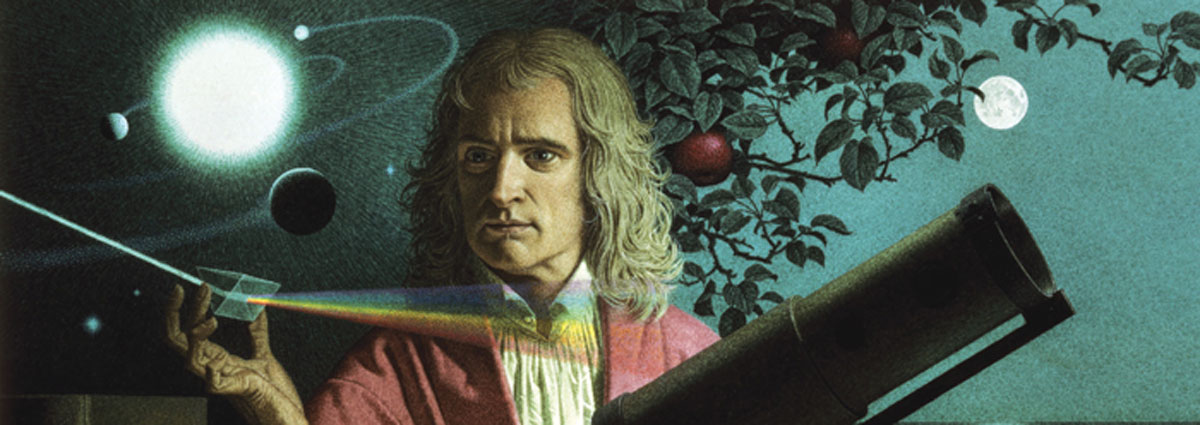

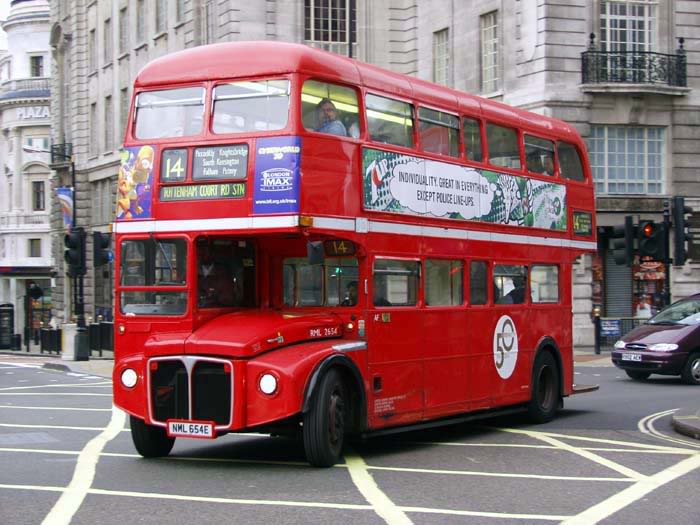
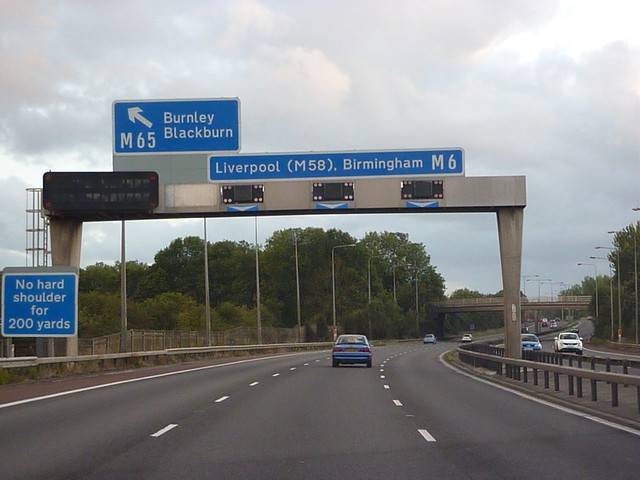

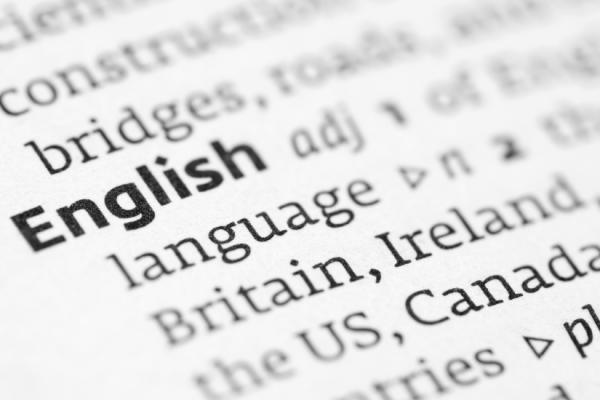


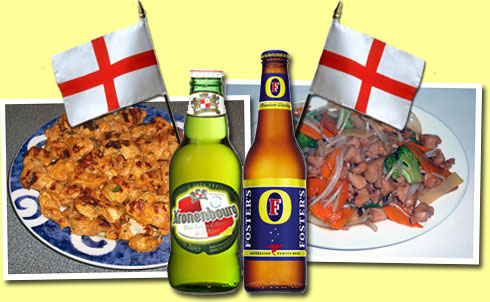




No hay comentarios:
Publicar un comentario